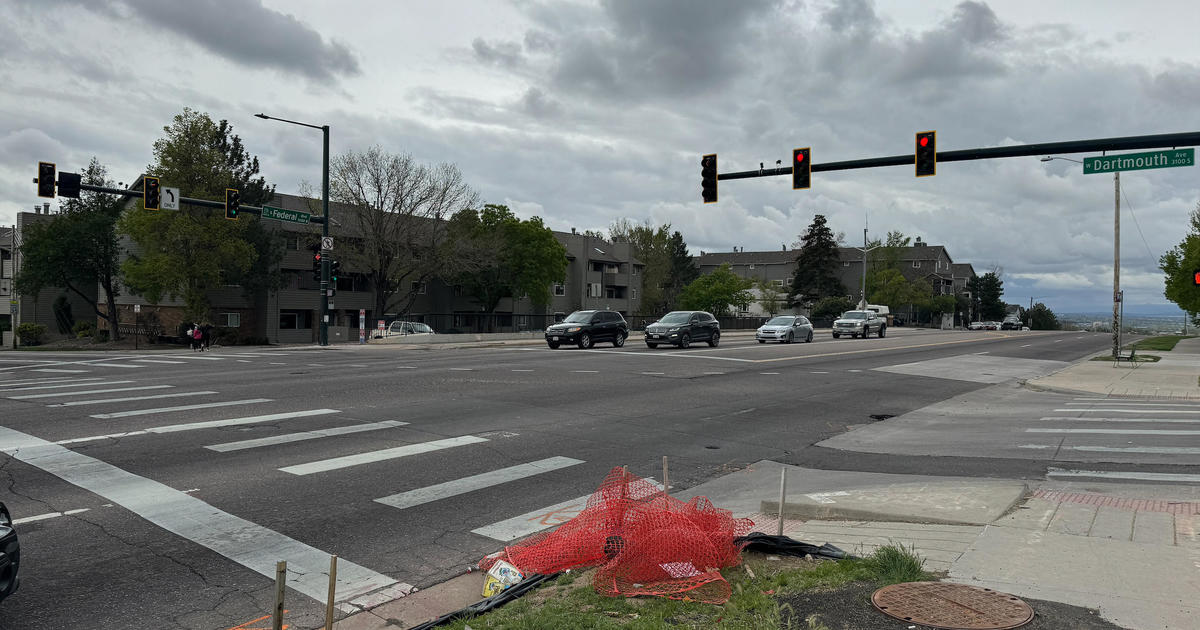Colorado Revenue Picture Continues To Improve
DENVER (AP) — Colorado's revenue picture is continuing to improve at a faster-than-expected rate because of taxes on stock sales and oil and gas development, state economists said Thursday, but they predicted growth will slow because of federal and global uncertainties.
Economists from Gov. John Hickenlooper's office said the state will take in $239 million more in tax revenue in the current fiscal year, which began in July, than originally predicted. The growth brings the expected general fund revenue to $8 billion for the fiscal year, barely exceeding the pre-Great Recession peak of $7.7 billion in 2007.
"It's always good to get positive news with the state revenue forecast," Hickenlooper, a Democrat, said in a statement. "But we know many households are still struggling and different sectors of the economy are still fragile."
Henry Sobanet, the director of Hickenlooper's budget office, said the current conditions can allow K-12 schools to be funded at a rate that keeps up with inflation and enrollment growth, something the state hasn't been able to do during the recession. He said his office will also likely ask for $100 million to cover the increasing number of people using Medicaid when Hickenlooper proposes a budget later this year. Medicaid spending is one of the fastest-growing areas of the state budget, but Sobanet said the rate has slowed as the economy has expanded.
The latest quarterly forecast follows a trend during the last year of slow, but steady growth and cautious optimism. The increased tax revenues have prevented further budget cuts to schools and returned a nearly $100 million property tax break for some seniors.
But economists predict revenue growth will be slower for the next two fiscal years because of the European debt crisis and possible federal spending cuts and tax increases.
General fund revenue is estimated to increase by $218.7 million, or 2.8 percent, in the current fiscal year, but only 2.4 percent in the 2013-2014 fiscal year, the governor's economists said.
"I think we're still living with the legacies of the Great Recession. It affected the psychology of a lot of people and businesses," said Jason Schrock, Hickenlooper's chief economist.
However, the governor's economists pointed to some positive signs, including the beginning of the recovery of the housing market in Colorado and the nation.
Legislative staff economists also presented a quarterly forecast similar to the governor's office, with caveats about uncertainty in the horizon.
Natalie Mullis, the Legislature's chief economist, said the state and national economy is losing momentum, even as households have shed debt and businesses have cut costs by becoming more efficient. Investors and businesses are holding large amounts of liquid assets, she said.
"All of these things seem to point toward an economy that's ready to move forward. But it isn't just yet," Mullis said. "And the reason it isn't is because economic and political uncertainty is high."
By Ivan Moreno, AP Writer (© Copyright 2012 The Associated Press. All Rights Reserved. This material may not be published, broadcast, rewritten or redistributed.)



